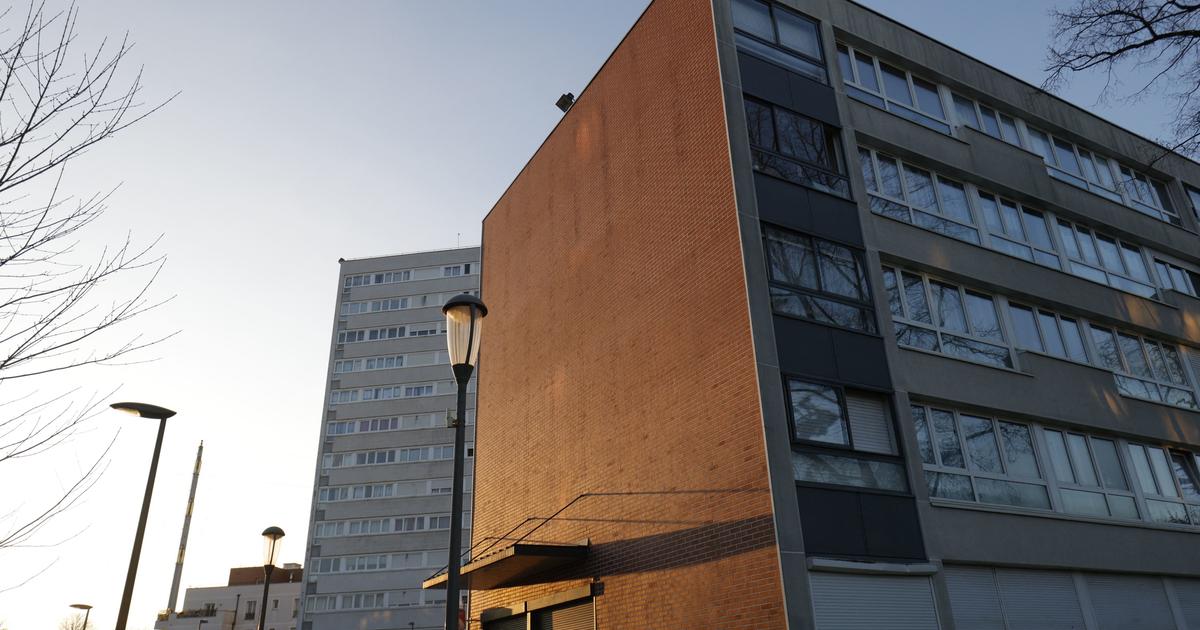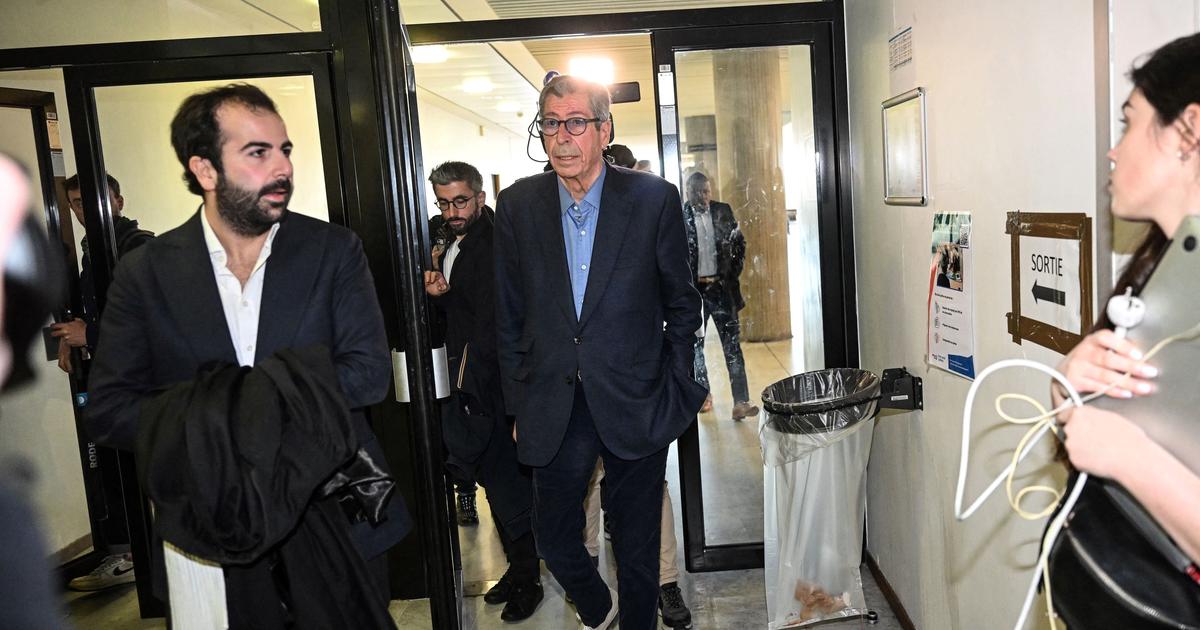Wearing a mask soon compulsory in closed public places? The idea, supported by many doctors and scientific experts in order to prevent the Covid-19 epidemic from starting again in France, is "under study" within the government. This was what Prime Minister Jean Castex said on Sunday evening from Guyana.
In Nice, after the open air concert of The Avener which brought together several thousand people this Saturday, Mayor Christian Estrosi also announced his intention to impose face protection during large gatherings. In April, the city councilor had already issued a decree to make the wearing of the mask compulsory in public space. What the Council of State had retouched.
But then, between the State, the prefects and the mayors, who can force them to wear a mask? We take stock of this legal maelstrom.
What the law says
Let's start from the national framework. Since July 11, France (except Guyana and Reunion) is no longer in a state of health emergency. However, several measures are maintained until October 30 at the earliest.
The Prime Minister may always, by simple decree, "regulate the opening to the public, including the conditions of access and presence, of one or more categories of establishments open to the public as well as meeting places, the exception of premises for residential use, guaranteeing people's access to essential goods and services ”, indicates the law of 9 July organizing the exit from the state of health emergency.
The price decree jointly, on July 10, provides in particular for the obligation to wear a mask in public transport and for teachers. If he wishes, a merchant can also impose it in his store.
According to the same decree, hygiene measures "must be observed in all places and in all circumstances". Among these rules is the fact that "masks must be worn systematically by everyone when the rules of physical distance cannot be guaranteed". This means that the mask is already, in theory, compulsory when it is not possible to ensure at least one meter distance between individuals.
The state or the prefects can go further
However, the government can go further and add black on white by decree of other places where the mask will be made mandatory. This could be the case for enclosed public places as envisaged by the executive, for example. But he must "justify it, for example with an opinion from the scientific committee pointing to a risk for public health", points out Serge Slama, professor of public law at the University of Grenoble-Alpes.
Newsletter - The essentials of the news
Every morning, the news seen by Le ParisienI'm registering
Your email address is collected by Le Parisien to allow you to receive our news and commercial offers. Find out more
The State can also empower the prefects, who report to the Ministry of the Interior, to take such a decision on a case-by-case basis in a department. "A prefect may decide to make the wearing of the mask compulsory in certain places as part of his general power, such as when he bans pesticides, for example, but also if he is authorized to do so by the government," said lawyer Louis. the Foyer de Costil, specialist in public law. "The prefects have jurisdiction to act within the framework defined by the government", summarizes Serge Slama.
In public gardens, "the prefect of the department, on his own initiative or on the proposal of the mayor, may, depending on local circumstances, decide to make the wearing of protective masks compulsory", indicates for example the decree of 10 July.
Limited power for mayors
What about the mayors? Only a city councilor has relatively few prerogatives. By virtue of its police power, it may want to supplement a measure decided at national level by the government. For example, to make the mask mandatory in more places. But he must then justify his decision by the existence of "compelling reasons" linked to "local circumstances".
VIDEO. Wearing the mandatory mask, a measure "to remind the absolute need to be vigilant"
This could be, for example, the presence of a large “cluster” in the municipality or a sharp increase in the number of cases. "The mayor is rather supposed to act in the event of a state deficiency, he must come to justify it," summarizes lawyer Louis le Foyer de Costil. The decision can then be appealed to the courts.
Parliamentary recourse and control
Several mayors have already broken their teeth there. In Sceaux and Nice, for example, the Council of State, seized by the Human Rights League, had rejected municipal decrees making it compulsory to wear the mask in public space. "Mayors can only take additional measures to fight Covid-19 if circumstances specific to their municipality require it," insisted the high institution on April 17.
The measures taken by the government are also subject to parliamentary control. "The National Assembly and the Senate are informed without delay (and) may request any additional information in the context of the control and evaluation of these measures", provides for the law of July 9.








